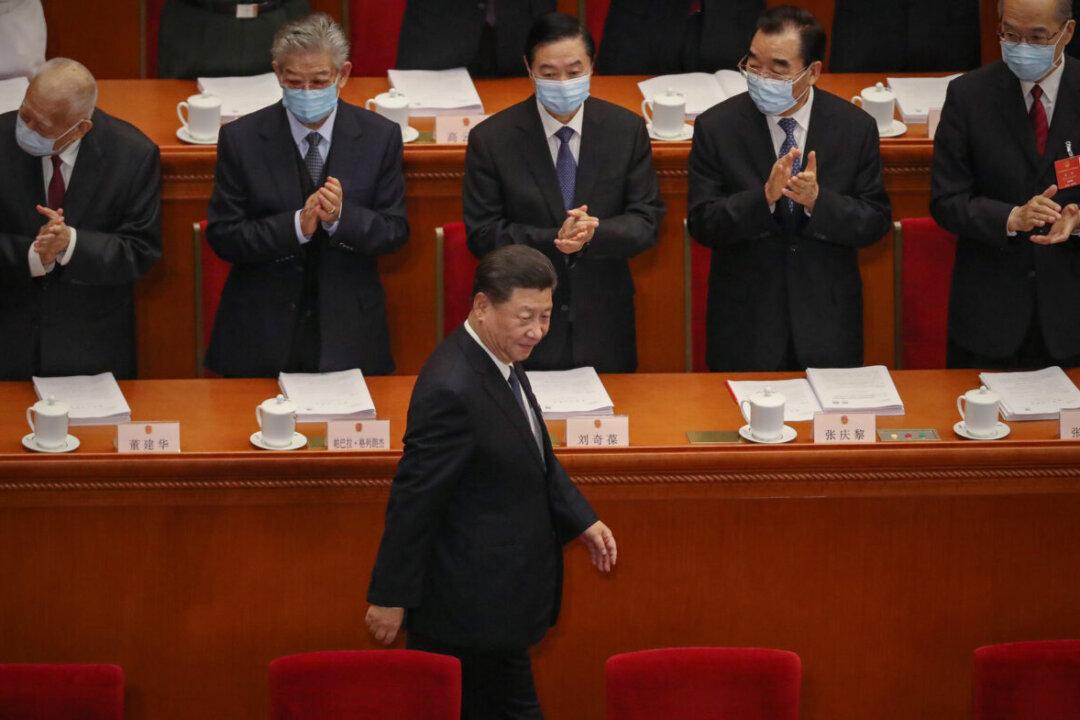News Analysis
Right now, China faces an array of economic troubles, and evidence is mounting that they are creating resistance to Chinese leader Xi Jinping’s economic agenda.

Right now, China faces an array of economic troubles, and evidence is mounting that they are creating resistance to Chinese leader Xi Jinping’s economic agenda.